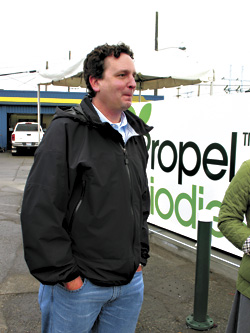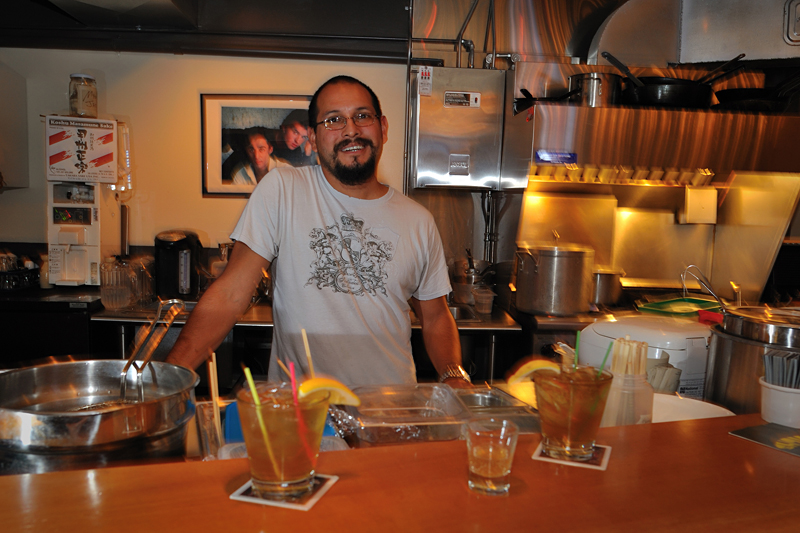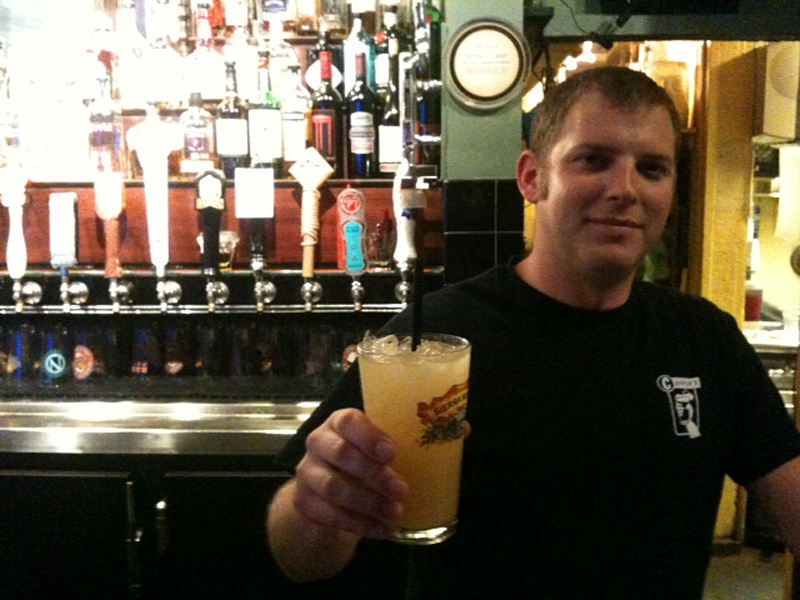With a growing list of biodiesel providers in Seattle selling increasingly purified blends like B20 and B99, drivers might want to get that weird, clanking sound in their engines checked out before they start filling up with alternative fuels. Why? Because Ford Motor Co. spokesperson Said (pronounced sigh–yeed) Deep says Ford will not provide warranties to customers whose vehicles are fueled with a blend purer than B5—meaning 5 percent biodiesel and 95 percent regular diesel, not exactly the kind of save-the-world ratio environmentalists are usually looking for.
But local biodiesel proponents are calling foul on auto manufacturers, arguing that a warranty can’t be voided because of the fuel you use. “The idea that they can void warranties is illegal,” says Rob Elam, president of Propel Biofuels, which started offering biodiesel at stations in Ballard and Kenmore on Oct. 13 (those stations carry blends of B20 and B99).
Elam’s reasoning, shared by the National Biodiesel Board, is that car manufacturers warranty the parts, not the fuel one puts in the car. Deep says that while he doesn’t know the ins and outs of warranty law, “we specifically state B5. That’s in the owner’s manual.”
Dan Freeman, owner of Dr. Dan’s Alternative Fuelwerks in Ballard, serves only B99. Freeman cites the federal Magnuson-Moss Warranty Act to support the branding of Ford’s position as “illegal.” The 1975 act does not allow companies issuing warranties to require certain brands or parts be used in the operation of the item covered. The Federal Trade Commission explains the act by saying that were you to purchase a Brand X vacuum cleaner, the company cannot void your warranty if you don’t use Brand X filters.
Kristin Alexander, a spokesperson for the State Attorney General’s Office, says the impact of biodiesel on warranties hasn’t been tested in the courts yet “because biodiesel is too new.” But city of Seattle spokesperson Katherine Schubert-Knapp says the city has 189 Fords among the 1,000 diesel vehicles in its fleet, most of which are run on B20 biodiesel. She says that if there’s a problem, “We push back and work it out with [Ford].” In doing so, the city has been successful in getting warranty work done despite the fuel being more pure than the company’s standard allows, she adds.
To this end, Schubert-Knapp notes that she can’t give anyone legal advice, but if drivers have warranties denied on the basis of the fuel, she says, “They might want to question the legality of that.”







